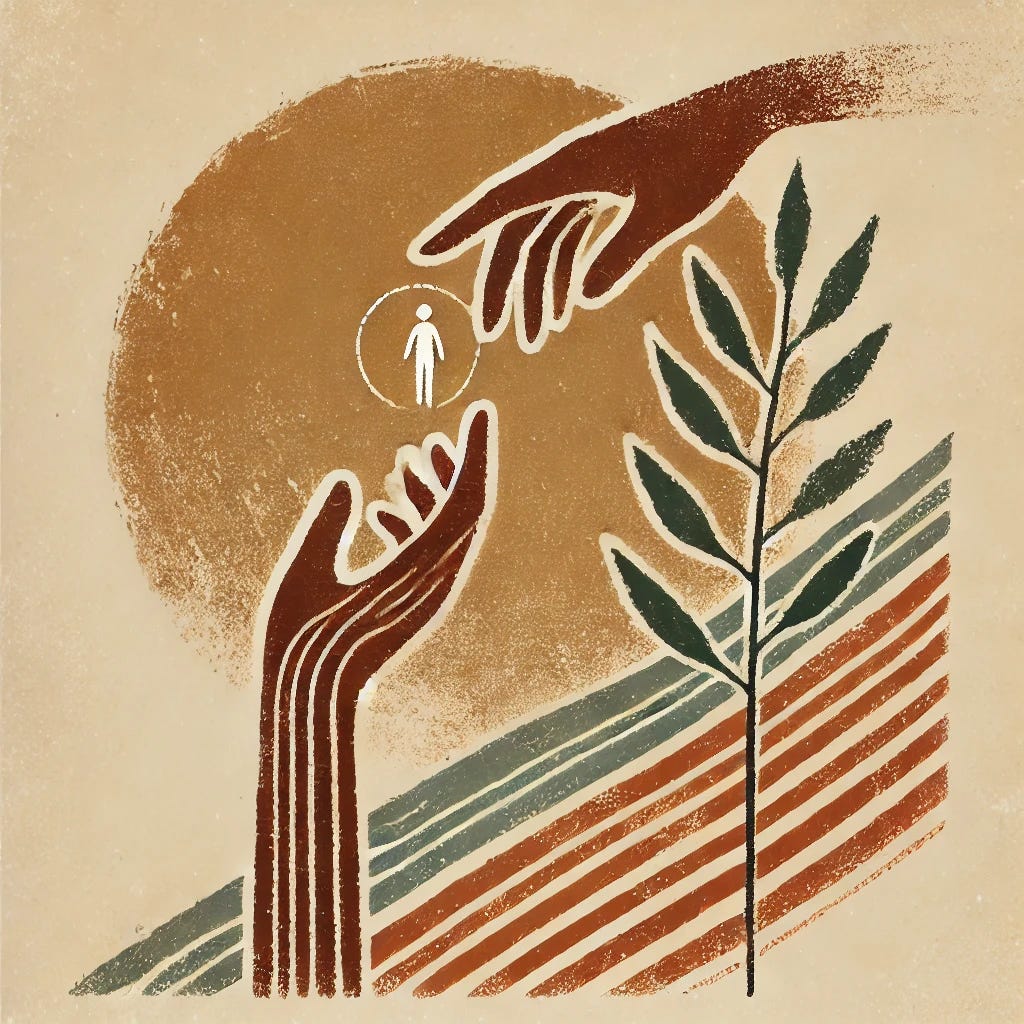Courage is a multifaceted virtue that has been extensively examined across various disciplines, including psychology, philosophy, and ethics. Understanding its essence, distinguishing it from recklessness, and exploring methods to cultivate it are crucial for personal development and societal well-being.
Defining Courage
Courage is commonly defined as the ability to confront fear, pain, danger, uncertainty, or intimidation. It involves a deliberate choice to act in the face of adversity, driven by a commitment to a meaningful goal or value. This virtue enables individuals to pursue worthy objectives despite potential risks.
Courage vs. Recklessness
A critical distinction exists between courage and recklessness. While both involve confronting danger, they differ fundamentally in motivation and awareness. Courage entails a conscious decision to face risks for a noble purpose, with a clear understanding of the potential consequences. In contrast, recklessness involves taking unnecessary risks without adequate consideration of the outcomes, often driven by impulsivity or disregard for safety.
Aristotle's virtue ethics highlight this distinction by positioning courage as the mean between cowardice and recklessness. He asserts that true courage involves facing fears appropriately, guided by reason and moral purpose, whereas recklessness stems from a lack of proper fear and consideration.
Cultivating Courage
Developing courage is a gradual process that involves self-awareness, reflection, and intentional practice. Key strategies include:
Self-Reflection: Understanding personal fears and motivations is essential. Reflecting on past experiences where courage was demonstrated or lacking can provide valuable insights.
Setting Purposeful Goals: Aligning actions with deeply held values and meaningful objectives can motivate courageous behavior. A clear sense of purpose often outweighs the fear of potential risks.
Incremental Exposure: Gradually facing fears through controlled exposure can build resilience and confidence. This method, known as systematic desensitization, is effective in reducing fear responses.
Seeking Support: Engaging with supportive communities or mentors can provide encouragement and model courageous behavior.
Research and Insights
Contemporary research in psychology has explored various dimensions of courage. For instance, studies have examined the relationship between courage and resilience, suggesting that acts of bravery are linked to better resilience and a longer lifespan.
Additionally, the concept of "moral courage" has been investigated, focusing on the willingness to stand up for ethical principles despite potential backlash. This form of courage is crucial in addressing social injustices and fostering ethical behavior within organizations and communities.
Conclusion
Courage is a vital virtue that empowers individuals to confront challenges and pursue meaningful goals despite inherent risks. Distinguishing it from recklessness is essential, as true courage is characterized by thoughtful deliberation and alignment with moral values. By engaging in self-reflection, setting purposeful goals, and gradually facing fears, individuals can cultivate courage and contribute positively to their personal growth and societal well-being.
References
Aristotle's Virtue Ethics: Finding the Mean for Moral Excellence.
10 Sources of a Courageous Mindset.
Courage vs. Recklessness: Morality and Ethics.
The Two Faces of Courage.
The Psychology of Courage: Modern Research on an Ancient Virtue.











Share this post